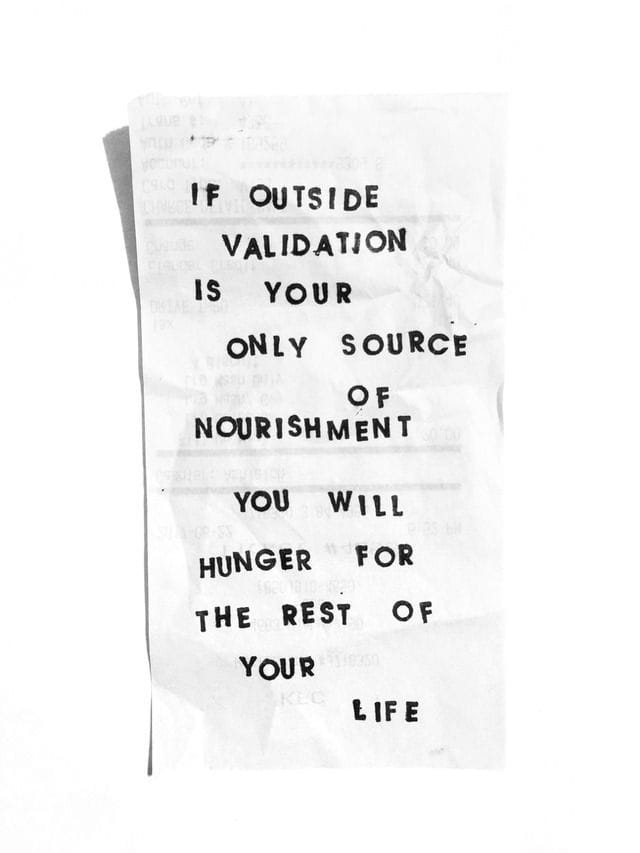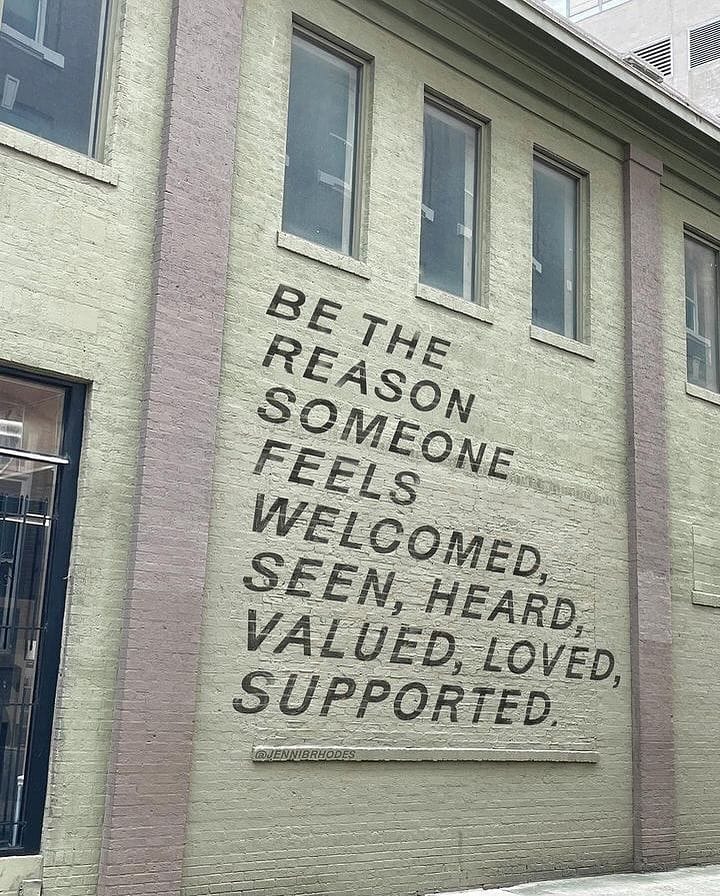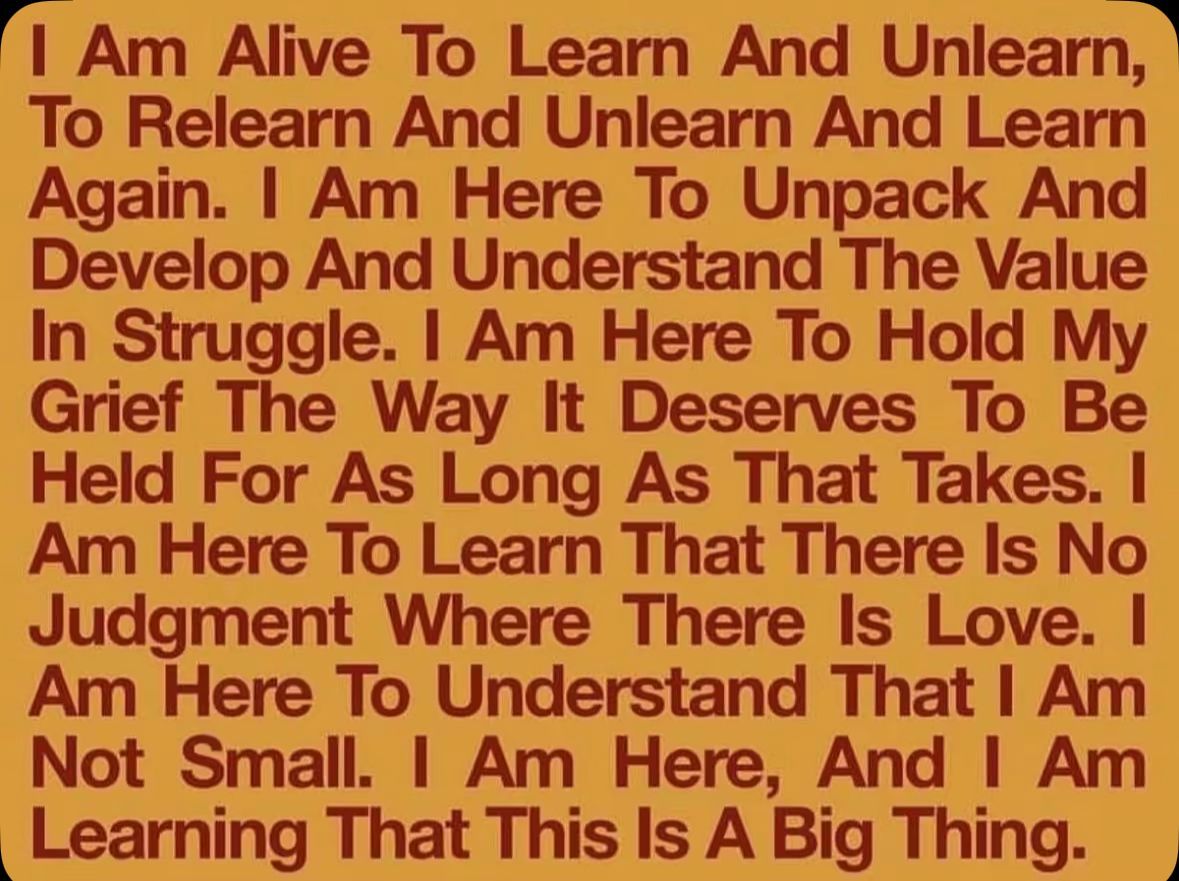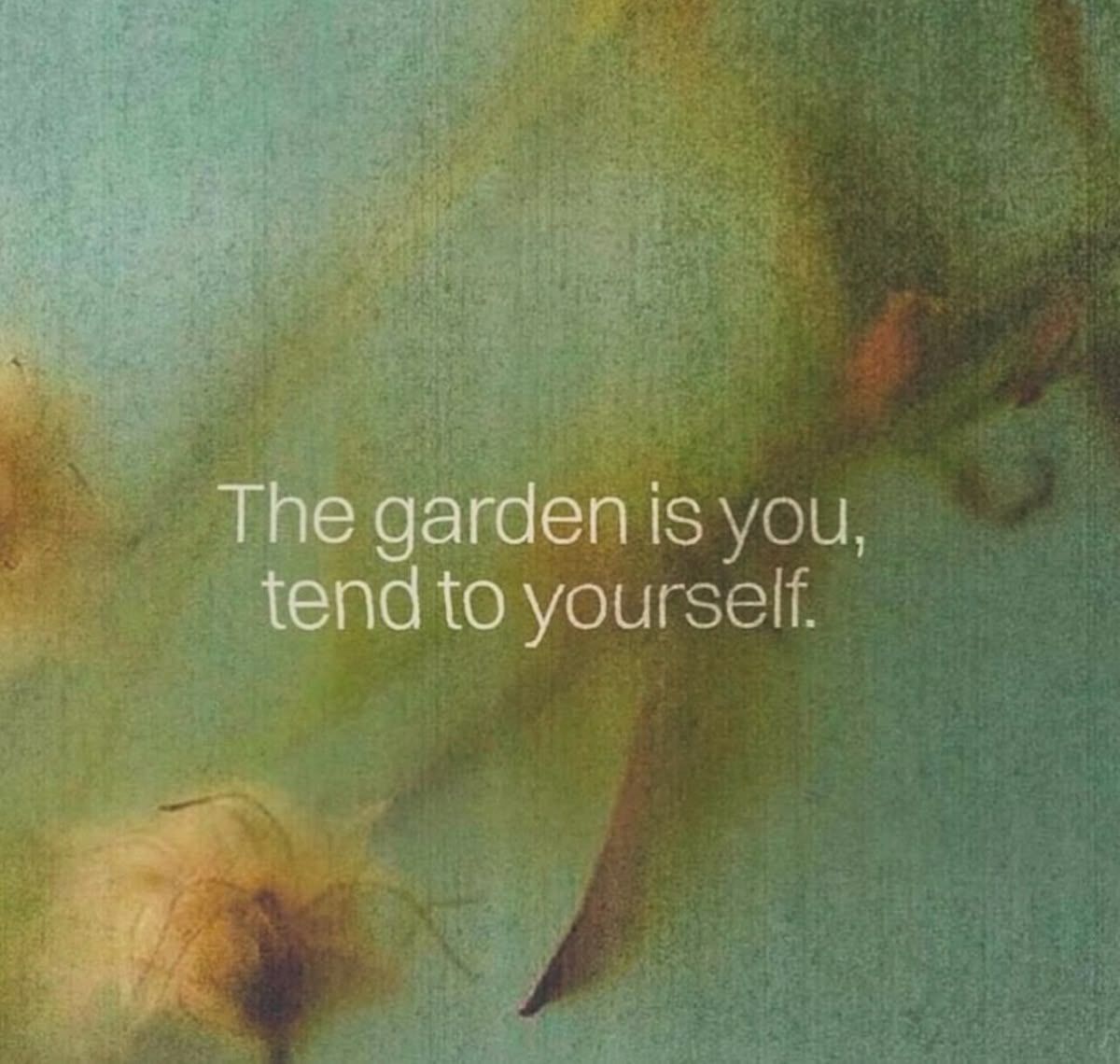- Growing Pains Collective
- Posts
- 🌸 Self-Validation Decoded: Honouring Your Inner Wisdom ✨
🌸 Self-Validation Decoded: Honouring Your Inner Wisdom ✨
Six practices for cultivating self-compassion and emotional presence without judgment.
Welcome to The Growing Pains Collective. Written by licensed therapists and real people, off the algorithm. Driven by creativity, connection, and community.

Self-validation isn’t just a skill—it’s a relationship. One we get to deepen over time.
Validation is the act or the process of acknowledging or recognizing the truth of a situation.
It is the process of acknowledging, making space for, and understanding the facts and impact of a situation.
At Bloom, we often explore with our clients what it means to cultivate compassion and validation toward ourselves. As therapists, we talk about emotional regulation, resilience, healing from trauma— you name it.
However, many of these topics and themes have a golden thread, and a foundational idea: There is great value in learning how to recognize and honour yourself and your experiences without judgment. Without pushing ourselves back into the shadows.
So much of the pain our clients share with us comes from feeling unseen, and unacknowledged— even within ourselves. That’s why validation matters.

Validation not just about offering ourselves a pat on the back. It’s about anchoring into a felt sense of identity, of safety, of realness—especially when external affirmation is unavailable or inconsistent.
Below, you’ll find six strategies to practice self-validation—drawn from therapeutic wisdom, lived experience, and lessons we return to again and again.
1. 💗 Name what you’re feeling—without judgment
Validation begins with awareness. Noticing what’s happening in your internal world, and describing it honestly, and truthfully is powerful.
⚡️ Instead of saying: “Why am I still upset? I should be over this,”
🌀 Try: “I’m feeling sad today, and that makes sense given what I’ve been through.”
You don’t have to agree with your emotion to acknowledge it. All validation requires of us is to acknowledge what exists. What is the kernel of truth within a feeling, a thought or an experience? To name it as it is IS validation.

even if that person is you.
2. 🌳 Reconnect with your core values
Your values are the scaffolding of your inner world. They exist to remind you of what matters most and why—even when you feel disconnected from yourself. Consider your values like an anchor in the open seas. When you feel out of sorts, lost and need reassurance that you’re on the right path, sometimes the most validating thing to do is to bring your values to the front.
⚡️ For example: “I might feel lost right now, and that’s OK. My value of compassion helps me pause and remember that it is important to be kind to myself, even when i don’t know where i’m going yet.”
Writing or speaking your values aloud can restore clarity and build self-trust in moments of self-doubt.
A Creative Resource: Check out these creative collage journalling prompts on how to vision your values 🪄
3. 🙇🏽Watch your apology habits
Over-apologizing can feel like humility—but it can also be a form of self-erasure.
Apologizing when it’s not needed (for speaking up, setting a boundary, or simply existing) may reinforce the idea that your needs or identity are burdensome.
🙂 Validation says: “I can take up space without guilt. It is okay to be mindful of when and where I blame myself and apologize for things that I am not responsible for.”
🤎 Validation also says: “When a genuine apology is needed, and I need to take accountability, I can offer this with ease and care without added shame or self-punishment.”

brb adding this to our phone backgrounds
4. Back your words with action
Talking about your feelings is a good start, but what really matters is the follow-through. Validation becomes real when you not only name your needs, but also act on them.
⚡️For example: If you’re writing out a list of boundaries, then ALSO commit to who, when and where you will practice them.
💗 Another example: Affirming yourself and engaging with positive self talk doesn’t feel real if you aren’t also doing affirming actions. I.e. don’t just say compassionate statements, engage in the actions that let you feel and embody compassion.
Over time, this builds self-trust. When our actions align with our growing insight and wisdom, we prove to ourselves that we are trustworthy and capable.
Resource Download (Worksheet): Using Self Validation to Accept Your Thoughts & Emotions.
5. Validate the ‘why,’ even if the ‘what’ feels messy
Think about it this way: Even when you’re not doing the things you know you want to do or feel aligned with, you can still validate (remember it’s just acknowledgement!) the reasons and insight behind your why. You can work to make sense of your reactions without necessarily condoning them.
E.g. “It makes sense I was avoidant with my friend during that conversation. My relationships have felt unsafe lately.”
or “I can see why I was so irritable with my partner… I was in a lot of physical pain and I snapped at him without thinking about the impact.”
This creates space for accountability and compassion. No spiral. No shame.

6. Stay present to your body, your cues, your context
It’s hard to validate what we don’t notice or see. Mindful attention—without undue criticism or shame—helps us honour the truth of our experiences.
That includes physical signals, emotional discomfort, interpersonal cues and signs, and even environmental stressors.
😵💫 Struggling to stay present might look like:
Checking out from your needs “when was the last time I drank water again?”
Harsh inner talk “you’re such an idiot for saying that”
Chronic fatigue “another day, another struggle to get out of bed”
Feeling detached and numb, or alternatively — feeling impulsive and reactive “what just happened?”
Gentle awareness is the first step. What we pay attention to we can learn to acknowledge and validate.

Final Thoughts
Validation isn’t about perfection, agreement or approval. At it’s core it’s about presence, understanding and non-judgmental acknowledgment.
When we can tune in to our feelings, values, needs, and boundaries without shame, we start building a more grounded, compassionate relationship with ourselves.
This work is slow. It’s tender. But it’s worth it.
And you don’t have to do it alone 🤎
Looking for support and curious about our offerings? Send us an email at [email protected] or visit our website to get started with therapy today 🌳.
Written by: Meghan Watson, M.A, RP
Were you forwarded this email? Want to get updates live and direct from us? Click the links below to subscribe to the Growing Pains newsletter💌, explore our therapy options 🇨🇦, and check out our free resources.
Reply